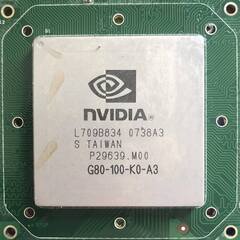PSU circuit breaker problems
5 hours ago, alexander.o said:According to the seller, it's due to the PSU not having a on/off switch, and that the capacitors "fill" themselves up, and that current draw is over my circuit's breaker.
The capacity of a computer power supply's input capacitors isn't big enough to trip breakers, unless the circuit is very, very heaviliy loaded already.
Given you haven't mentioned any other problems with the electrical system, I highly suspect the PSU is the problem.
Here's what you need to do:
- first of all, identify that what popped is definitely a breaker, not an RCD (residual current device). Both are usually installed in your house, and they look quite similar but have different functions. Which one of these tripped is important, because it identifies a very different kind of issue (the details of which I won't go into in this post)
- If you have a multimeter, you can test if the power supply's input is dodgy. Set it to continuity (beeping) mode and probe between all these pins:

You may hear it beep for say half a second (as caps get charged), but then it should stop. If at any point, probing any combination of these pins, you hear a continuous beeeeeeeeeeeeeeeeep that doesn't stop, that thing is bad. You can then troubleshoot further what's wrong with it, but let's not get ahead of ourselves.
- Finally:
5 hours ago, alexander.o said:According to the seller,
How about you take it to his place and plug it in. Has he recently tested it or has this thing been on a shelf for a couple years?
4 hours ago, Bombastinator said:I remember seeing a video about counterfeit breakers by a guy in the UK
Haha if only the OP had those. The problem would be solved as they never trip!








.thumb.jpg.ab6821c090888206ddcf98bb04736c47.jpg)









Create an account or sign in to comment
You need to be a member in order to leave a comment
Create an account
Sign up for a new account in our community. It's easy!
Register a new accountSign in
Already have an account? Sign in here.
Sign In Now